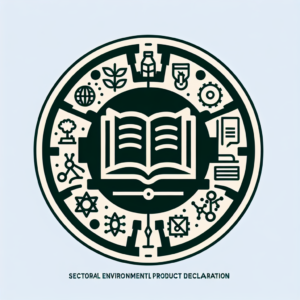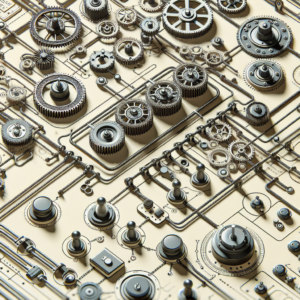Here’s the translation into American English:
Eight months after the European Union eliminated subsidies for traditional gas boilers, the energy landscape in the continent is undergoing significant changes with an increasing focus on heat pumps and hydrogen. Starting January 1, 2025, this policy aligns with the Energy Efficiency in Buildings Directive (EPBD), which aims to transform the European heating system towards more sustainable alternatives.
During this time, member countries have reoriented their subsidy programs towards technologies that utilize renewable energy, excluding boilers that run on fossil fuels. Although this shift presents challenges, such as the need for technical training and adaptation by distributors, it has sparked increased interest in heat pumps in new construction and renovation projects. The sector has responded quickly, with companies and manufacturers expanding their offerings of heat pumps and hybrid solutions, while administrations launch initiatives focused on efficiency and decarbonization.
Heat pumps have established themselves as the most promising alternative, capturing energy from the air to provide heating, cooling, and hot water. Their efficiency, low environmental impact, and the ability to use more sustainable electricity rates make them a key option during this transition phase, especially in areas where gas installations previously predominated. Additionally, the constant rise in fossil fuel prices, exacerbated by the new ETS2 emissions trading system, has accelerated their adoption.
Despite the end of subsidies, the boiler market has not completely disappeared. Some current models incorporate hybrid technology, which combines gas with heat pumps or solar thermal systems. Other systems are designed to be compatible with hydrogen and natural gas blends, as well as 100% green hydrogen, providing viable options for consumers who are not yet able to fully electrify their heating but aspire to do so in the future.
The removal of subsidies for fossil fuel technologies represents a significant shift in European energy policy, especially given the ambitious climate targets set for 2030 and 2050. Companies focusing on innovation in efficiency and clean energy are beginning to dominate a market that demands sustainable and accessible solutions. “It’s not just about banning subsidies, but changing the mindset,” says Álvaro Díaz, technical manager of Seralgas.
The ongoing transformation points towards more sustainable and economically viable heating in the long term, contributing to climate commitments that will define the future of the continent and generations to come.
Source: MiMub in Spanish











